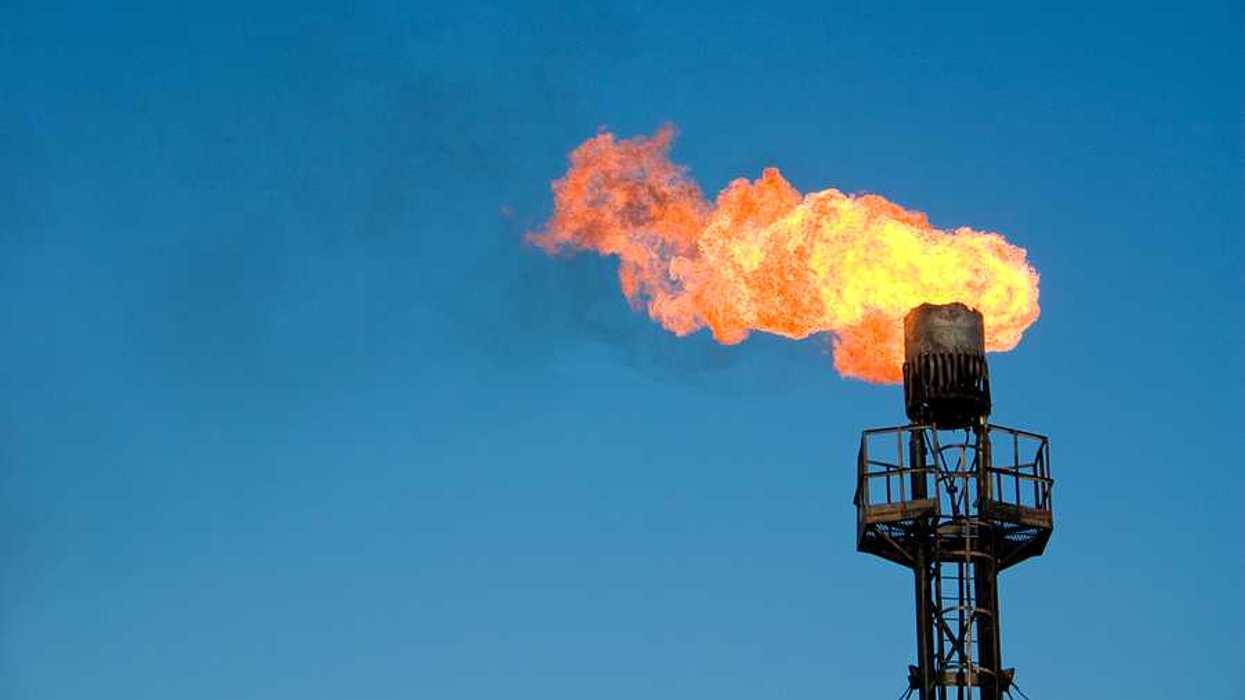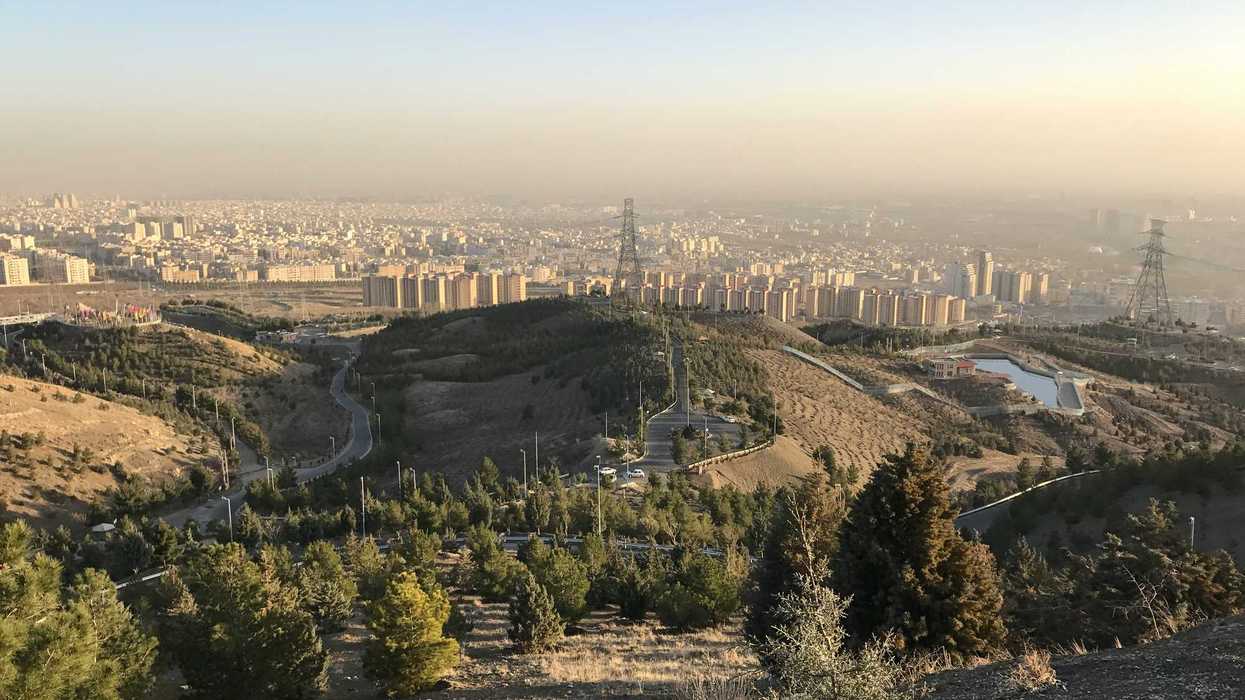A handful of oil wells in Adams County had enormous emissions, the largest leaking a whopping 165 pounds of methane per hour, reports Mark Jaffe for The Colorado Sun.
In a nutshell:
A recent study by Colorado State University reveals that while most of Colorado's old oil and gas well plugs effectively prevent methane leaks, Adams County stands out with several "super-emitting" wells. These wells in Adams County, some linked to the defunct Third Creek gathering system previously operated by Anadarko Petroleum, have emissions drastically surpassing the state's average. As the state incorporates CSU's findings into its orphan well program, a priority system has been established to address wells based on their methane emission levels, aiming to mitigate the environmental and health risks posed to local communities.
Key quote:
“The CSU study is alarming. It is very apparent the health and safety of our community and the children in Adams County is in danger."
-- Adams County Commissioner Eva Henry
The big picture:
Methane, a potent greenhouse gas, not only accelerates global warming but also contributes to the formation of ground-level ozone, a harmful air pollutant. Exposure to elevated levels of ozone can lead to respiratory problems, exacerbate asthma and decrease lung function, posing significant health risks to vulnerable populations. As communities grapple with the environmental consequences of methane leaks, the broader implications for public health come sharply into focus.
Read the story at The Colorado Sun.
A well could be active for years, even decades, but an abandoned well that has not been properly plugged could leak methane and other harmful gases in perpetuity, writes Hannah Seo for EHN.














